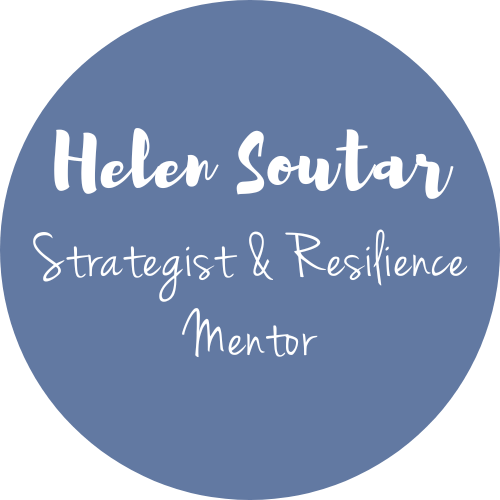Understanding Our Emotions: Navigating Life with Insight
Have you ever noticed how a smell can instantly transport you back to a cherished memory, or how a sound can trigger an overwhelming sense of anxiety? In our daily lives, we rely heavily on our five senses—sight, hearing, taste, smell, and touch—to navigate the world around us. From the smell of smoke prompting us to look for danger to the sound of sirens urging us to make way for emergency vehicles, our senses provide crucial information for our safety and decision-making.
But there’s another aspect of our perception that often gets overlooked: our emotions. Just like our senses, emotions are vital tools for understanding and interacting with the world. For example, think about the sensation of fear prickling at the back of your neck while walking alone at night. That instinctive reaction keeps us alert and safe, preparing us to respond to potential threats.
Similarly, pain acts as a form of sensory feedback. When we feel pain in our wrist after a fall, it prompts us to seek medical attention. The same goes for so-called negative emotions—fear, anger, frustration, anxiety. They signal when something isn’t right in our environment or within ourselves. For those with Congenital Insensitivity to Pain (CIP), the absence of pain means a higher risk of serious injury, highlighting the importance of these sensory cues, even if the experiences aren’t enjoyable.
Emotions as Protective Measures
“Emotions, like pain, serve as a protective measure, guiding our actions and responses to different situations.”
When we experience fear, we become more cautious. Feelings of anger might push us to fight against injustices. On the other hand, moments of joy and pleasure encourage us to seek out similar experiences, fostering a sense of fulfillment and contentment.
However, it’s crucial to recognize that emotions, like our senses, can lead us astray if we just blindly follow their cues. The pull of pleasure from things like gambling or doom-scrolling on social media can lead to addictive behaviors. This is why we need to understand our emotions and learn how to interpret the information they provide, without feeling overwhelmed by the need to act on them at every moment.
Navigating Emotions for Greater Resilience
Understanding the purpose of emotions helps us avoid potential pitfalls. Here are some key points to consider:
- Recognize Your Emotions: Take a moment to tune into what you’re feeling. Naming your emotions can help you understand their purpose.
- Reflect Before Acting: Instead of reacting impulsively, pause and assess what your emotions are trying to tell you.
- Use Healthy Boundaries: Setting boundaries can prevent emotions from escalating and help you communicate your needs effectively.
By making sense of the messages our emotions send, we can take control of our emotional responses, leading to greater resilience and well-being. Proactive measures—like setting healthy boundaries or speaking up when something is bothering us—can prevent our emotions from getting ‘louder’ (stronger and more insistent) as they demand our attention.
Additionally, recognizing and interpreting the emotions of others plays a significant role in our interactions and relationships.
“By ‘reading’ the emotional cues of the people around us, we can gain insight into their perspectives and needs.”
Whether it’s diffusing tension in a heated argument by acknowledging someone’s feelings or persuading others to take action by tapping into their positive feelings, understanding emotions allows us to navigate social interactions with empathy and effectiveness.
A Personal Note: One of the emotions I cherish is relief—it’s always a sign for me that I’m (finally!) on the right track after a few wrong turns.
Just as we experience a multitude of sensory stimuli daily, we should also embrace a full range of emotions. From the delight of waking up to sunlight streaming through your window to the joy of your pet’s enthusiastic welcome, each emotion enriches our lives and experiences.
Take Action: The next time you feel overwhelmed by your emotions, take a moment to pause, reflect, and get curious—what are they trying to tell you? This awareness can empower you to create a more balanced and fulfilling life.

